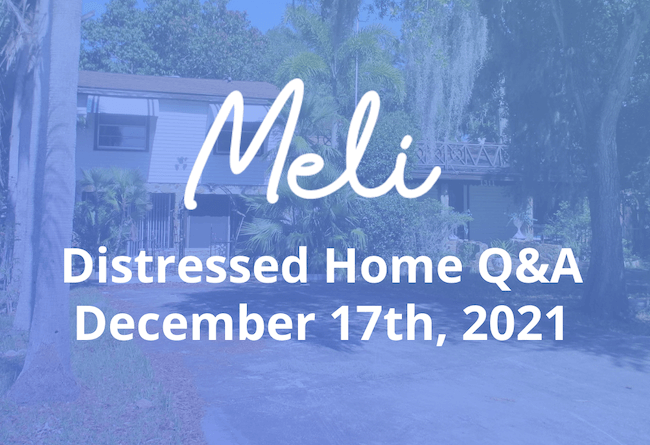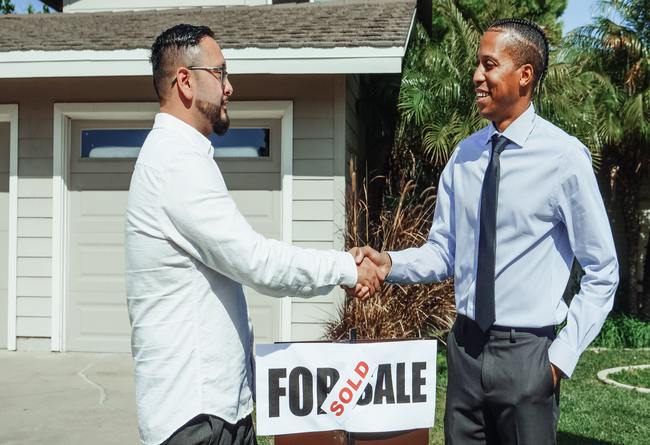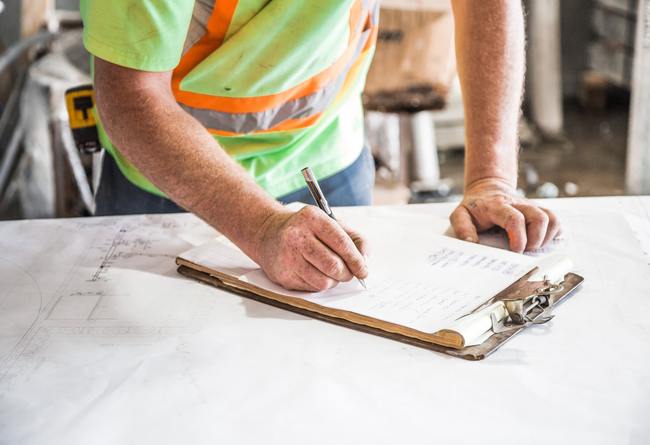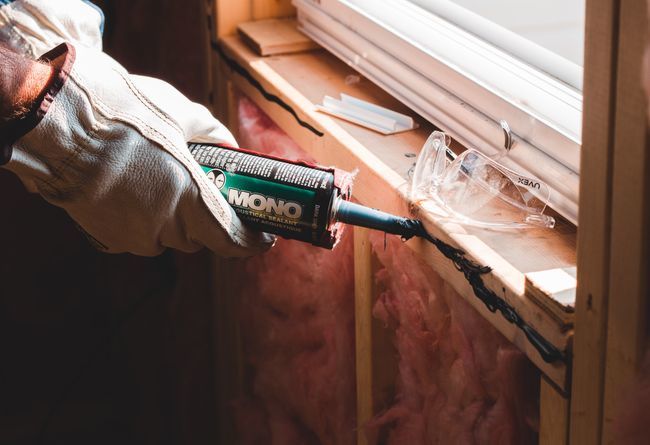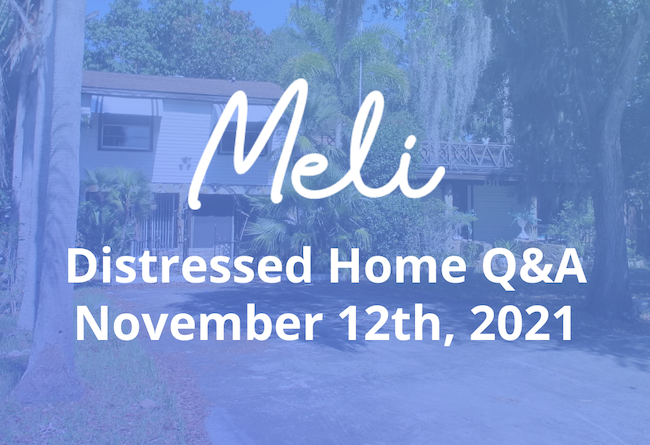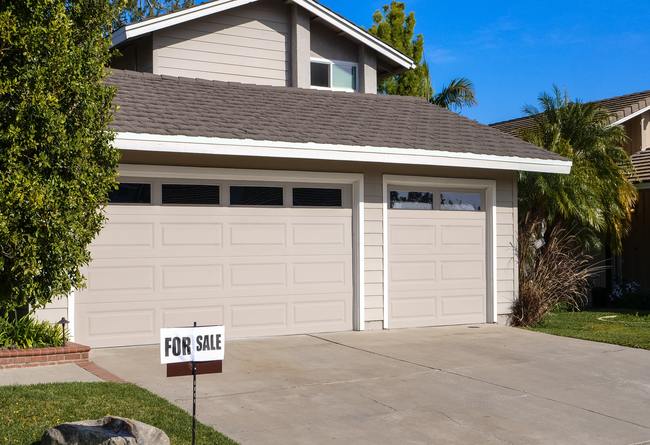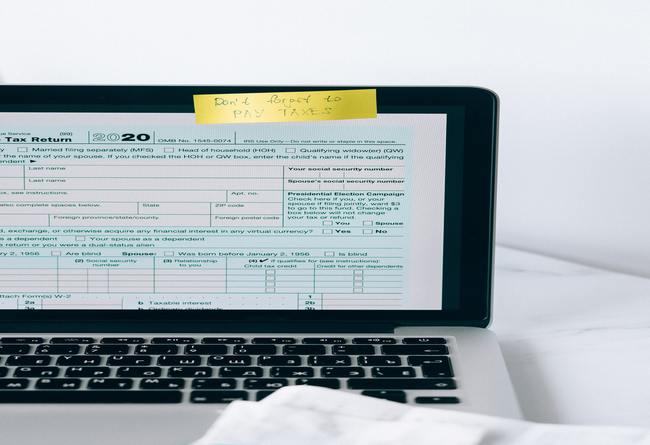While buyers may fall in love with wainscotting, shiplap, and other charming stylistic elements in your home, if your home isn’t up to code, you may be unable to sell it on the open market. Although it is possible to sell your home with code violations, you may receive a lower amount than its valuation price.
Understanding common code violations and your options for selling a house with code violations can help you get a fair price for your home.
What is a Building Code Violation?
Building codes refer to structural and occupancy guidelines at the local, state, and federal levels to protect the health and safety of household members and the general public. If your home doesn’t meet these guidelines, it is considered to be a code violation.
Building codes cover minimum safety requirements across various categories, including:
- Structural stability. Are the frame and foundation stable and secure?
- Lighting and ventilation. Does your home have adequate lighting, ventilation, and an HVAC system?
- Energy consumption. Are the HVAC system and fixtures energy-efficient and emissions compliant?
- Entrances and exits. Are there accessible emergency exits if there is a fire?
- Hygiene and sanitation. Are your home’s pipes eliminating water waste correctly?
- Occupant safety. Is your home made from fire-safe materials, and does it have a fire-safe layout?
Building codes are continuously revised to account for new technologies and safety standards. Often homeowners with homes built in the first half of the last century or earlier discover their home is not up to code when they go to sell it.
Homeowners who have DIY renovated or remodeled their home may also discover their home is not up to code. If you have made alterations to your home without securing the appropriate permits or using approved materials, you may have an unknown code violation.
Some federal codes are frequently revised; even homes built only a decade ago may be in violation. For example, the National Electric Code (NEC) has been revised 16 times since it was implemented in 1977. So, it’s crucial to have your home inspected before listing it for sale.
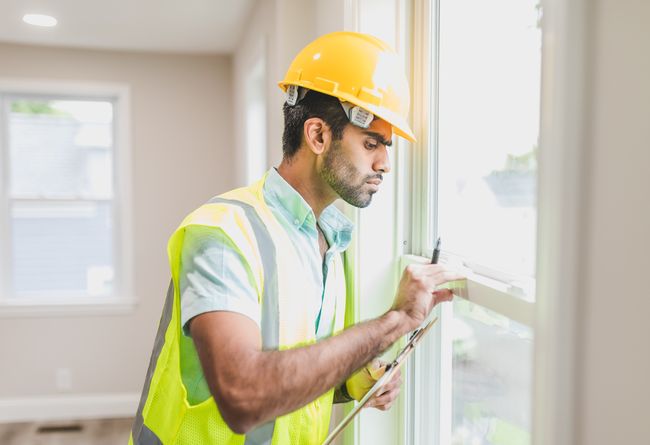
What Are the Most Common Code Violations?
There are several common code violations you may encounter when it comes time to sell your home. They can be problems that range from simple fixes to major repairs. In many cases, the code violations are not visible to potential buyers, so you must ensure you disclose any elements of your home that are not up to code when selling your home.
Some common code violations include:
- Handrail hazards. Most building codes require that handrails have a return – a section that bends to prevent items from getting caught.
- Improper bathroom ventilation. Exhaust fans in bathrooms must vent to the exterior of your home, such as the roof or an outside wall. They cannot vent to an attic or another room.
- Misplaced smoke alarms. Federal fire codes require that each level in the home has a smoke alarm, and any newly built homes must also have smoke alarms in the bedrooms. Fire alarms must be hardwired to the electrical circuitry and have a backup battery. They must also be placed at least 4” from the wall for ceiling-mounted models and 4-12” below the ceiling for wall-mounted units.
- Defective or missing GFCIs. Ground-fault circuit interrupter (GFCI) protection is mandatory for all kitchen, bathroom, garage outlets, and all exterior circuits. These devices will cut the circuit if they detect a power surge and prevent accidental electrical shocks.
- Improperly installed windows. If you have replaced the windows in your home, they may impact the home’s energy efficiency if installed incorrectly or made from sub-standard materials.
- Incorrectly installed plumbing. Insufficient drainage pipe slope can cause wastewater to flow backward, impacting the sanitation quality of the home. Water heaters installed without a permit or the proper relief valve also violate the building code.
What Are My Options if My Home has Code Violations?
If you discover your home has code violations when you’re preparing to sell, you have a couple of options for moving forward.
- Make repairs to bring your home up to code
Before selling a home with building code violations, you can correct the building code violations yourself. Identify the repairs necessary to make your home attractive to buyers and prioritize them. Some violations like landscaping changes or installing handrails are simple and appeal to buyers cosmetically, making them worthwhile.
- Arbitrate a deal with a buyer to pay for repairs
You must disclose known code violations to potential buyers if they are not repaired. However, some buyers may be willing to move forward with the purchase and make the repairs themselves in exchange for a lower sale price.
If you are willing to accept a lower offer on your home, you may be able to arbitrate a deal with the buyer to sell the home in its current condition. The homebuyer can then make the repairs themselves with the money they saved by making a lower offer.
- Sell your home as-is
If you want to avoid the hassle of negotiating with buyers and giving a cut of your profits to a realtor, consider listing your home as a distressed property. Distressed homebuyers specialize in purchasing your home as-is while handling the paperwork and legal aspects of the transaction for a quick sale.
When you sell a property as-is, the buyer understands they will receive the property in its current state with no further repairs to the existing faults.

Sell Your Home With Building Code Violations Through Meli
Meli makes the process of selling your distressed property simple and stress-free with a few steps. We are a homebuyer, brokerage, and consulting firm serving the Orlando area.
Contact us to request a no-obligation free consultation. We’ll ask you a few basic questions about the property. We’ll schedule a walk-through of your property to understand the home and the existing code violations.
You can expect to hear back from us on the same day with an offer on your home, or we’ll help you list the property. With listing assistance from Meli, we’ll help you clear up any issues that could delay a sale.
After your home is sold with the help of our team, you get paid fast and walk away from the distressed property to focus on your future investments. To learn how Meli can help you, contact us today.
Image Credits
https://pixabay.com/photos/house-architecture-front-yard-1836070/
https://www.pexels.com/photo/man-industry-architect-house-8293699/
https://www.pexels.com/photo/property-with-red-and-white-home-for-sale-signage-8469934/




